At a time of international crisis – with war in Ukraine putting pressure on energy security and global food supplies – it is more important than ever to take British food security and home-grown food production seriously.
That was the message from Baroness Manningham-Buller, the former director general of MI5, who delivered the NFU’s annual Henry Plumb Memorial Lecture this week.
The food sector was “part of our critical national security”, said the former security service chief at the event in London this week.
And “unless we pay serious and thorough attention to our food security, we risk being increasingly subject to global shocks”, the peer added. She warned of the need to acknowledge “we should produce as much of our own food as possible and to be able to export what we can, both for growth in the UK economy and to help feed the world”.
But as large parts of the food sector descend into chaos, is that ambition for self-sufficiency realistic?
The plight of egg producers, who have halted or pulled back on production due to low financial returns – leading to egg shortages across the major supermarkets – have understandably made the headlines in recent weeks (and for far longer in The Grocer, too).
And while we’ve also covered a raft of so-called support packages worth many millions of pounds by the mults to their producers over the past few weeks, these moves do smack of being too little too late – particularly when egg buyers should have acted upon the myriad warnings from the sector earlier this year. The Grocer reported on these warnings as far back as the spring, after all.
Some critics have, quite rightly, also taken umbrage at how these financial packages have been described as “investments” or “support” – when in reality, they should be framed as supermarkets paying a fair price for produce.
But eggs aren’t the only thing in crisis. As we report today, “endemic” low returns to growers across the fresh produce sector – driven by increasingly short-term and trading-led buying decisions by the mults – are wreaking havoc on fruit & veg supply chains and leading many to reverse investment decisions.
British Apples & Pears chair Ali Capper said many topfruit growers had actually seen year-on-year cuts to the price they were paid for their produce, while others had seen very little in the way of price increases – and certainly nowhere near as much as the 23% cost of production increase the apple sector had seen over the past year [NFU/Promar research, November 2022].
Other challenges included the ongoing inertia over seasonal workers, Capper said, with no indication of progress on the numbers of migrant labour permitted by the government for next year. And let’s remember – as industry leaders have said for many years – that decision should really have been taken and implemented by September at the latest to give the sector time to plan and recruit staff overseas.
Soft fruit growers are facing similar challenges over low returns. Trade body British Berry Growers says farmers have seen an average 0% increase in returns for strawberries this year, on the back of similar production cost inflation to apple growers, despite retail prices rising 11.1% [Kantar 15 May to 2 October]. Meanwhile, the price paid for blackberries has actually fallen by 6.1% during this period, despite retail prices rising 4.3%.
That all-too-familiar tale of woe extends right across the fresh produce sector and many other food categories. A report by farming charity Sustain, due out tomorrow, is set to reveal farmers – many of whom have already been stripped to the bone financially – are making tiny to non-existent profit margins once intermediaries and retailers take their cut.
This all comes despite the Groceries Code Adjudicator laying down its “golden rules” for dealing with cost price increase requests back in January, followed by meetings with retailers over “delay tactics” in price negotiations in recent weeks.
Growers want the GCA to do far more to police these guidelines, Capper says, while Sustain head of farming Vicki Hird even questions why many producers haven’t just considered striking – something egg producers arguably have done already.
“It’s astounding how poorly farmers and growers are being treated by the supply chain, as our research will show,” she says. “That has to change through new regulations and better routes to market. All the value has been extracted out of the supply chain,” she adds.
Nobody can argue retailers need to keep costs down, both for their sakes and for their customers’ – particularly in such a damaging cost of living crisis. But if it’s at the expense of their British suppliers, their customers may ultimately end up paying even more.







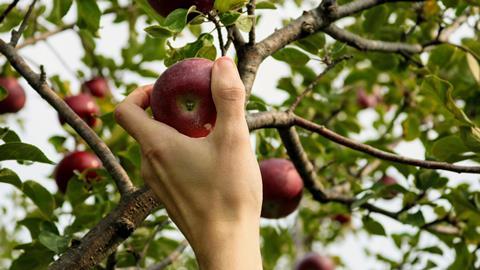
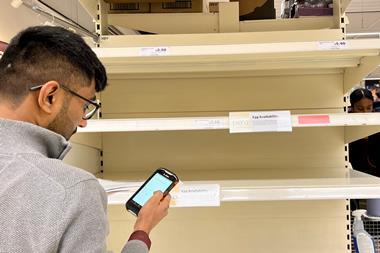

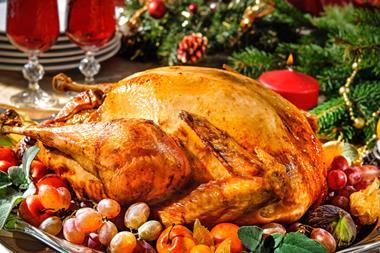
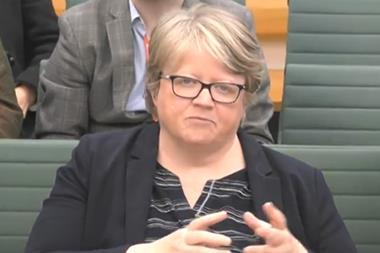
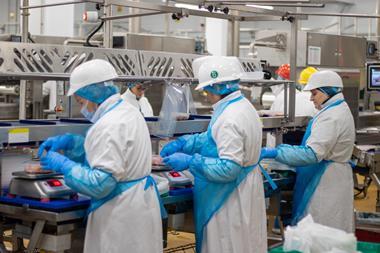
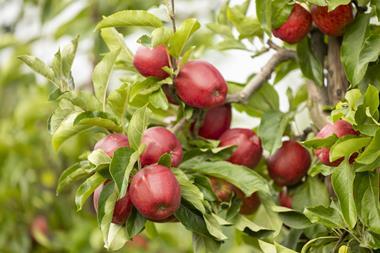






No comments yet